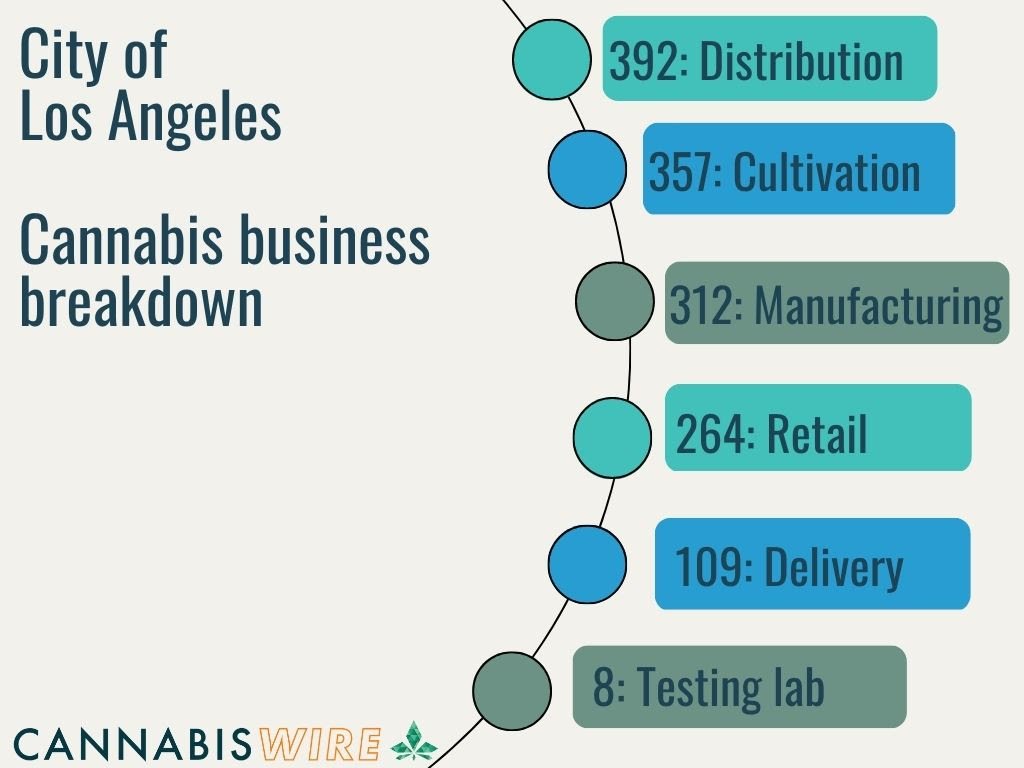Attorney General Merrick Garland fields cannabis questions from Sen. Cory Booker.
Garland testified during a Senate Judiciary Committee hearing on Wednesday about oversight of the Justice Department, but ended up fielding an important question from Sen. Cory Booker.
Booker, a longtime supporter of cannabis law reform, asked Garland for an update to the scheduling review that Pres. Joe Biden prompted in October.
“What is the current state of the review of cannabis?” Booker asked. “And when can we expect policy changes on this important issue?”
Garland responded that Biden has commuted cannabis sentences, which are “still working its way through the system.”
Meanwhile, the Department of Health and Human Services (HHS), among the federal agencies tasked with working on the scheduling review, is “working on the question of scientific analysis of marijuana.”
“And, within the Department, we are still working on a marijuana policy for the Department. I have to say that the crack powder thing came first in my list of things that had to be done first,” Garland said. That is now completed.
Garland said that, when it comes to his approach to cannabis policy, that it would be “fair to expect” a similar approach to what he outlined in his confirmation hearing.
“It will be very close to what was done in the Cole Memorandum,” Garland said, referencing a hands-off approach from the feds, as long as eight priorities were followed. “We’re not quite done with that yet.”
Cannabis use disorder is up in VA patients, JAMA research shows.
Researchers from Columbia University, the New York State Psychiatric Institute, and the Veterans Administration conducted a study that examined the “role of medical and recreational cannabis law enactment in the nationally increasing rates of cannabis use disorder” in VA patients.
Results were nuanced. While changing adult and medical use cannabis laws “played a significant role in the overall increases” in the prevalence of cannabis use disorder, especially in older patients, the results should be taken in the broader population context.
“However,” researchers concluded, “consistent with general population studies, effect sizes were relatively small, suggesting that cumulatively, laws affected cannabis attitudes diffusely across the country or that other factors played a larger role in the overall increases” in cannabis use disorder.
This research was published in JAMA Psychiatry.
Los Angeles: By the numbers.
The Los Angeles Department of Cannabis Regulation released its February bulletin, including an update of the number of licensed commercial businesses that are “authorized” to operate in the City of LA: 773.
Below is a breakdown of those 773 businesses (some own more than one license type). Regulators anticipate that “at least half” of the city’s licensed cannabis businesses will be owned by social equity licensees by 2025.







